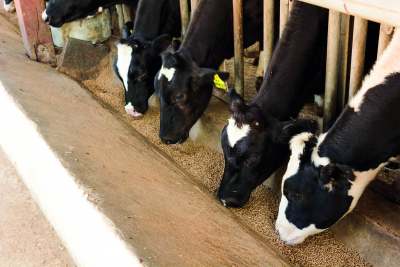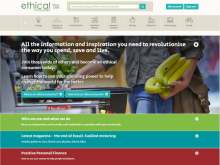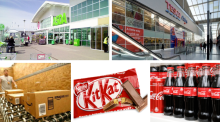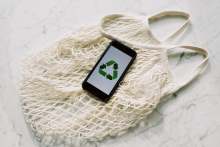Example: Amazon.com
One of the subcategories our readers are most interested in is Tax Conduct. Here, we rate companies on their likely use of tax avoidance strategies.
Amazon, the world’s largest online retailer, is paying very little in corporation tax while raking in revenue. It is the subject of a global boycott call by Ethical Consumer.
When we last reviewed Amazon, it emerged that while the company’s headquarters were in Washington, it was incorporated in Delaware (considered a tax haven by Ethical Consumer). It also had five subsidiaries based in Nevada or Delaware, jurisdictions on Ethical Consumer's list of tax havens at the time of writing.
Ethical Consumer has calculated that, in 2021, up to half a billion pounds (£500,000,000) could have been lost to the UK public purse from the corporation tax avoidance of Amazon alone.
In 2019, Fair Tax Mark named Amazon as having “the poorest tax conduct” of the six major tech companies – a sector known for its tax avoidance.
Amazon has shunted much of its UK income to its subsidiary in Luxembourg, “where there is a ‘loss-making’ subsidiary that is not only not paying tax, but is generating enormous tax reliefs that can be used in the future to ensure that little or no tax continues to be paid,” according to Paul Monaghan from the Fair Tax Mark.
Overall, a range of third-party sources criticised Amazon for its tax conduct, the company had no country-by-country financial information or reporting (CBCR), nor a clear public tax statement confirming that it was its policy not to engage in tax avoidance activity or to use tax havens for tax avoidance purposes.
Overall Amazon received the lowest Ethical Consumer rating for the likely use of tax avoidance strategies.
The company has also been criticised for its global online market monopoly. During the first lockdown in the UK, 35% of all purchases made online were through the company.
As of 2019, almost 40% of UK shoppers had access to Amazon’s Prime subscription service. The company is the top fashion retailer in the USA.
It also has a very poor track record on workers' rights, with reports of impossible packing targets, worker surveillance, lack of breaks, and refusing union representation.
Find out more about these issues in our detailed Amazon boycott campaign page. PLUS we give you lots of links to recommended alternatives to Amazon!














